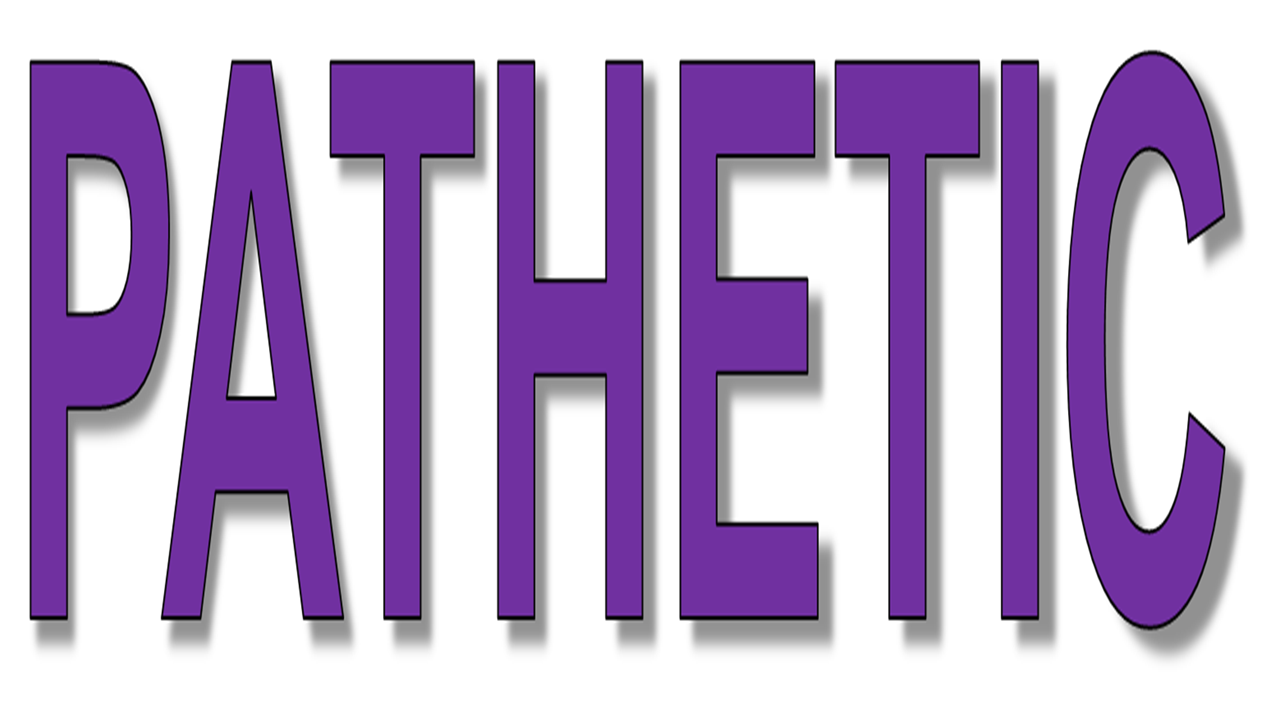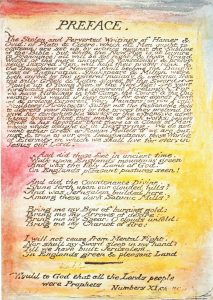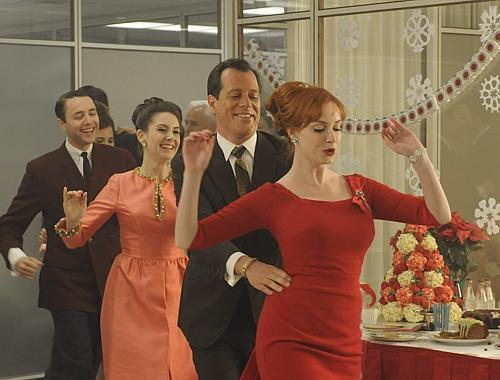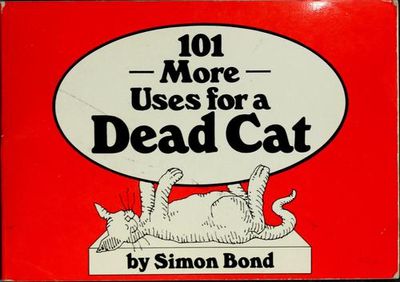On Woman’s Hour this morning (6th February 2023, and, P.S. also on Antisocial of 9th February), folk were getting mightily vexed about the ‘banning’ of Delilah by the Welsh Rugby Union. Has it actually been ‘banned? More precisely (but less shrilly), the WRU has removed it from its playlist (gasp!) and asked visiting choirs not to sing it. I suppose, if we have to use contemporary parlance, Delilah has been ‘cancelled’. As an unofficial Welsh rugby anthem, this is perhaps a big deal, but then, being unofficial, I suppose there is no proscription on it being unofficially sung by the crowd.
So, why have the WRU self-imposed this? Well, because….
“The WRU condemns domestic violence of any kind. We have previously sought advice from subject matter experts on the issue of censoring the song and we are respectfully aware that it is problematic and upsetting to some supporters because of its subject matter.”
OK…. So far so snowflake, after all, we mustn’t risk upsetting anyone, must we? However, the ‘ban’ makes much more sense if we recall that the WRU’s chief executive has just resigned in the wake of an institutional misogyny scandal. In the context of multiple allegations about an organisational culture where derogatory sexism was – possibly still is – the norm, for that same organisation to countenance the singing of a song about the killing of a woman by her possessive lover would, indeed, be a bad look. In that light, even the (allegedly) misogynistic WRU seem to have recognised that not to ‘ban’ such a song would only be to dig themselves a deeper hole. However, that leap of pre-emptive logic only seems to have bought about the fuss it was trying to avert, and so the usual easy-to-offend suspects have duly taken offence at the WRU’s attempts not to offend.
What a  attempt to sanitise public life, bewails Ella Whelan in the Telegraph.
attempt to sanitise public life, bewails Ella Whelan in the Telegraph.
[GMP presenter] Kate Garraway  by GMB viewers for defending Tom Jones’ Delilah, says the Express.
by GMB viewers for defending Tom Jones’ Delilah, says the Express.

I suppose all of this unnecessary noise might have been avoided had the Welsh Rugby Union been a little clearer in their statement. Perhaps, instead of saying that the reason for the ‘ban’ was the song being ‘problematic and upsetting to some supporters because of its subject matter’, they should have made clearer that the problem was neither the song, nor the sensibilities of some supports, but themselves. Something more like:
“The WRU condemns domestic violence of any kind, including the verbal, bullying and intimidatory sort that several female former employees have reported while working for us. We have previously sought advice from subject matter experts on the issue of censoring the song and, in light of our own record of mistreating women, we are respectfully aware that it is problematic for us to continue to endorse or promote the performance of this song even though this may be upsetting to some supporters because of its subject matter who will miss bellowing this peoples’ anthem from the terraces. We’re very sorry, it’s not the song, it’s us.”
Anyway. Back to Woman’s Hour, where the debate / exchange of opinions was a slightly broader kickabout of, OK, is it OK for Delilah song to be sung (at rugby matches specifically, but maybe more generally too). In common with other ‘culture wars’ controversies, the question has the traction it does because, whatever the contextual nuances and complexities, some circumstance or other means that the issue has to be resolved into a simple binary: yes or no. This is also the case with the supposed ‘cancel culture’ of university campuses, and particularly so with the different iterations of the gender identity ‘debate’. Once, the burning question was Which changing room? Then, Which pronoun? Today it is, Which prison? Once a position is taken one side of the fence or the other in such a ‘debate’ then to change one’s mind involves a complete U-turn. Therefore, people tend to adhere strongly to their chosen side and, when questioned on it, tend to stick to it even more vehemently. People in such positions tend not to listen to each other or to evidence. People with a lot invested in a certain position hear and argue only selectively to the extent that the exchange starts to disconnect from whatever it was ostensibly about to take on a life of its own. And so it is, I would suggest, with Delilah. Crikey, who’d have thought that when I took up the heady life of a media sensation blogger, I’d end up writing about Delilah. Or at such length about Delilah.
Nevertheless… lest it be said that I myself am guilty of taking offence at the media’s taking offence at the WRU’s attempt to preempt anyone taking offence, let’s get back to the text to, you know, get a few things straight.
1. The basis for the present furore-in-a-teacup is that Delilah is a song about a man who murders a woman, but it is not. It is a song abouta man who has murdered a woman, sung by the murderer while he waits with her body for the police to arrive. The two are different.
2. Although the song narrates the circumstances of the murder, it is not about the murder; it is about regret. It is a song of regret. Listen to the words; they are so simple and repeated so many times, that even a rugby crowd can sing along. Why is that so difficult to understand? Why? Why? Why, Delilah?
Admittedly, the focus of the murderer’s (rhetorical) regret is somewhat ambiguous. It’s not impossible to hear a accusation in there, something along the lines of:
Why, why, why, did you, Delila, provoke me to murder with your infidelity?
But it’s much easier (I would suggest) to hear straightforward regret for the murder itself:
Why, why, why, did I do such an irrevocably stupid thing that has cost us both our love, you, Delilah, your life, and me my freedom.
What the song doesn’t do is to glorify or celebrate murder or domestic violence. Sympathetic though I am to those matters, to me, it takes a pretty determined act of will to hear that in the song. The song could sing:
I, I, I, killed Delilah.
Or even:
Die, die, die, Delilah!
But it does not. Rather, the murderer’s inchoate refrain is a lament.
My, my, my, Delilah Why, why, why, Delilah?
A man sits with his dead love: the scene is a wake; a pieta if you want to elevate it (meaning pity or compassion). It is a song of loss: granted, the subject of that loss is slightly ambiguous – there are the losses entailed by infidelity, the loss of the love-object herself, and the loss of a love itself. Additionally, there is the anticipated loss of future the imprisonment will bring. One assumes that prison – rather than the gallows – will be the outcome of this, but Delilah can, I suppose (and I’m no music buff) be seen in a lineage of folk songs narrated by the condemned from the cell – Whiskey in the Jar springs to mind, although in that story it is the rival, rather than the lover, who is killed – also Nick Cave’s The Mercy Seat. These are songs of self-reproach long, long, before they are anything self-justifying or even celebratory. Obviously.
Sung in a sporting context, Delilah’s engagement with loss has much more in common with Baddiel and Skinner’s Three Lions that might at first be apparent. I heard David Baddiel relatively recently (on the wireless, of course) explicitly acknowledge that the element of loss – of a lost golden age – was a key element of Three Lions. It’s what gives the song its edge of poignancy, or it’s bloke-crying-into-his-beer-glass sentimentality if you want to be unkind. And this is a feature of other unofficial anthems: Jerusalem, however one reads Blake’s And did those feet in ancient times, views Englishness through the Christian prism of the fall as a lost ideal, this time with the tantalising possibility of redemption. Similarly, Swing Low, Sweet Chariot, itself drawn into controversy as being culturally appropriated, in offering a vision of earthly transcendence, nevertheless tells of a return to a lost state coming for to carry me home. Did I mention Abide With Me?
Both Jerusalem and Swing Low, Sweet Chariot sing of the possibility, of the hope, of Christion redemption; of being raised from our wretched earthly state by the benevolence of God. And here it is in Delilah too: by the end of the song, the bewildered lament of why has resolved itself into a plea for forgiveness and that is the final import of the song. It is a song of a wretched man begging forgiveness from the person he has wronged. It is futile, of course: she is dead and the law will surely have no sympathy. Nevertheless, even if the murder itself is construed as misogynistic (i.e. committed against the woman because of her gender), the narration of regret, acknowledgement of guilt and, finally, the appeal for forgiveness are not.
My, my, my, Delilah Why, why, why, Delilah So before they come to break down the door Forgive me, Delilah, I just couldn't take anymore
To understand Delilah, it is sufficient, I would argue, just to read the words. The lyrics are unambiguous and written in contemporary English of few syllables. Given this, it is the willful refusal to actually read them that pains me, particularly when combined with the strident certainty of being right. But Delilah is, of course, not only a set of lyrics, it is a song.

Returning briefly to Swing Low, Sweet Chariot, here is a song that’s sentiment lies almost entirely with its melody and the plaintive manner in which it is sung. I’m no musicologist, so forgive my fumbling here, but I’m sure you now what I mean: the song, as sung, far exceeds it’s printed lyrics. In the case of Delilah, although just, actually, you know, READING the lyrics is sufficient to grasp its import, as a song, its performance also exceeds its lyrics.
To understand the singing of Delilah by crowds of thousands at sporting venues, I would suggest going back to Jerusalem and Swing Low, Sweet Chariot, and Abide With Me, and asking: what is it about crowds of blokes (and it is a male thing), and the cementing of group identity (nationalistic, or other team), via the communal performance of songs that revolve around the theme of loss? To answer that would take more stamina that I have, but the construction of nationhood around an imaginary and idealised lost past is well recognised. To that, I would add a peculiarly British construction of that loss as irrecoverable that manifests as an impossible yearning or, in other words, as mourning.
To propose that the singing of Delilah is a performative act of mourning that allows the participants, at some emotional level, to acknowledge the lacuna at the centre of all identity, while at the same time re-establishing that (team-based) identity anew, sounds preposterous, and maybe it is. After all, didn’t Tom Jones said himself, when questioned about the song’s content, say something along the lines of I don’t suppose anyone listens to the words? But isn’t that the point? When others and myself argue over lyrics, are we just missing the point? The singing of Delilah as rite? Perhaps. Though I would counter my counter by saying, yes, but… why those words and not some other words? Words are part of what makes Delilah, well, Delilah. But not the whole.
One thing not touched on, and I promise to be brief, but it is important, is the Welshness of Delilah. I did briefly touch on Britishness, but of course that is not the same. To keep things short, I’ll end on this: isn’t it just wonderful to take as one’s unofficial anthem a song based on the most unlikely subject (given its pop / easy listening genre), featuring a flamenco-style sing-along chorus, all bellowed out by a local-boy and renowned lothario? Isn’t it just a little bit glorious? A little bit fun? Even if it is about murder…




